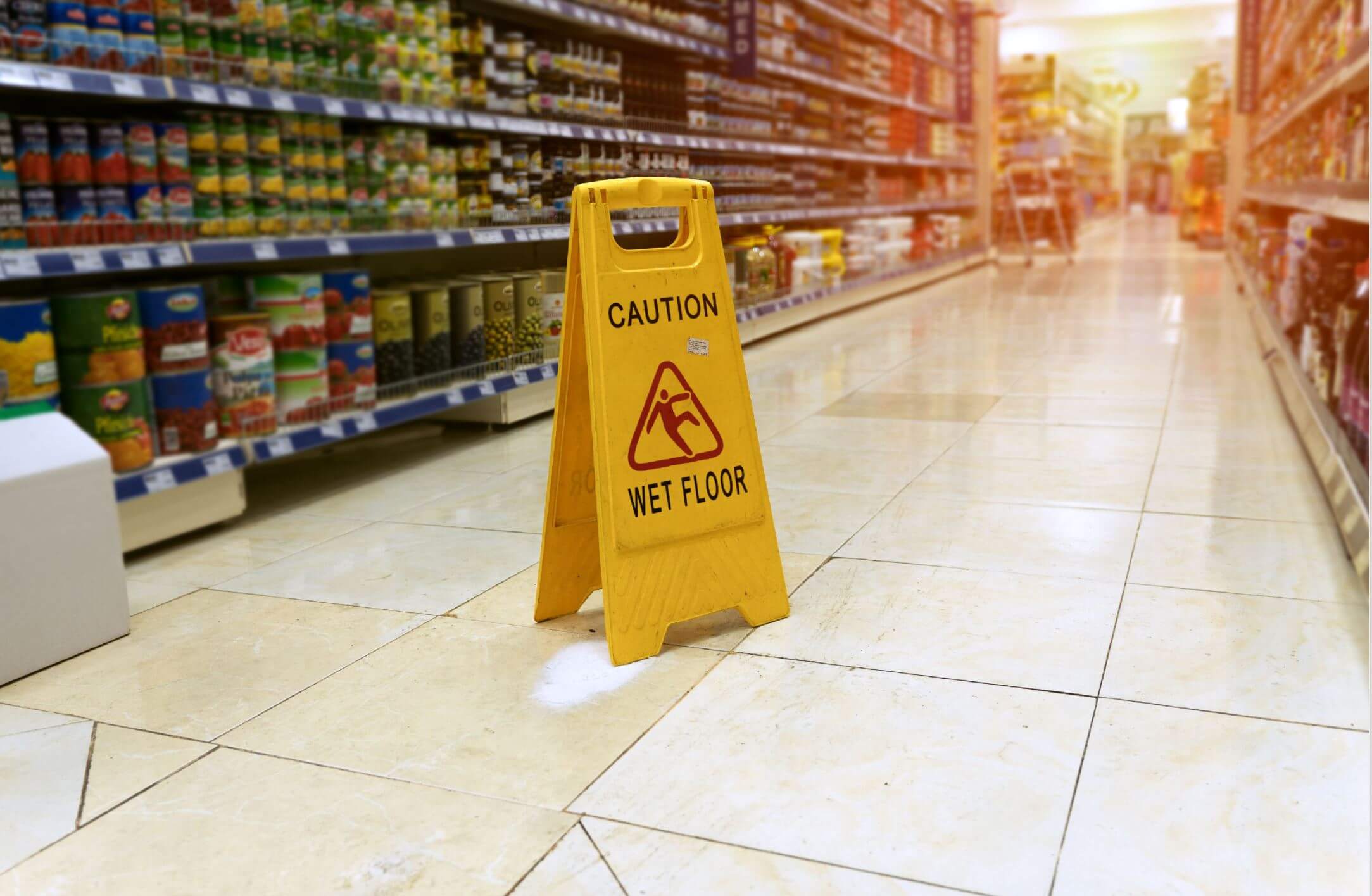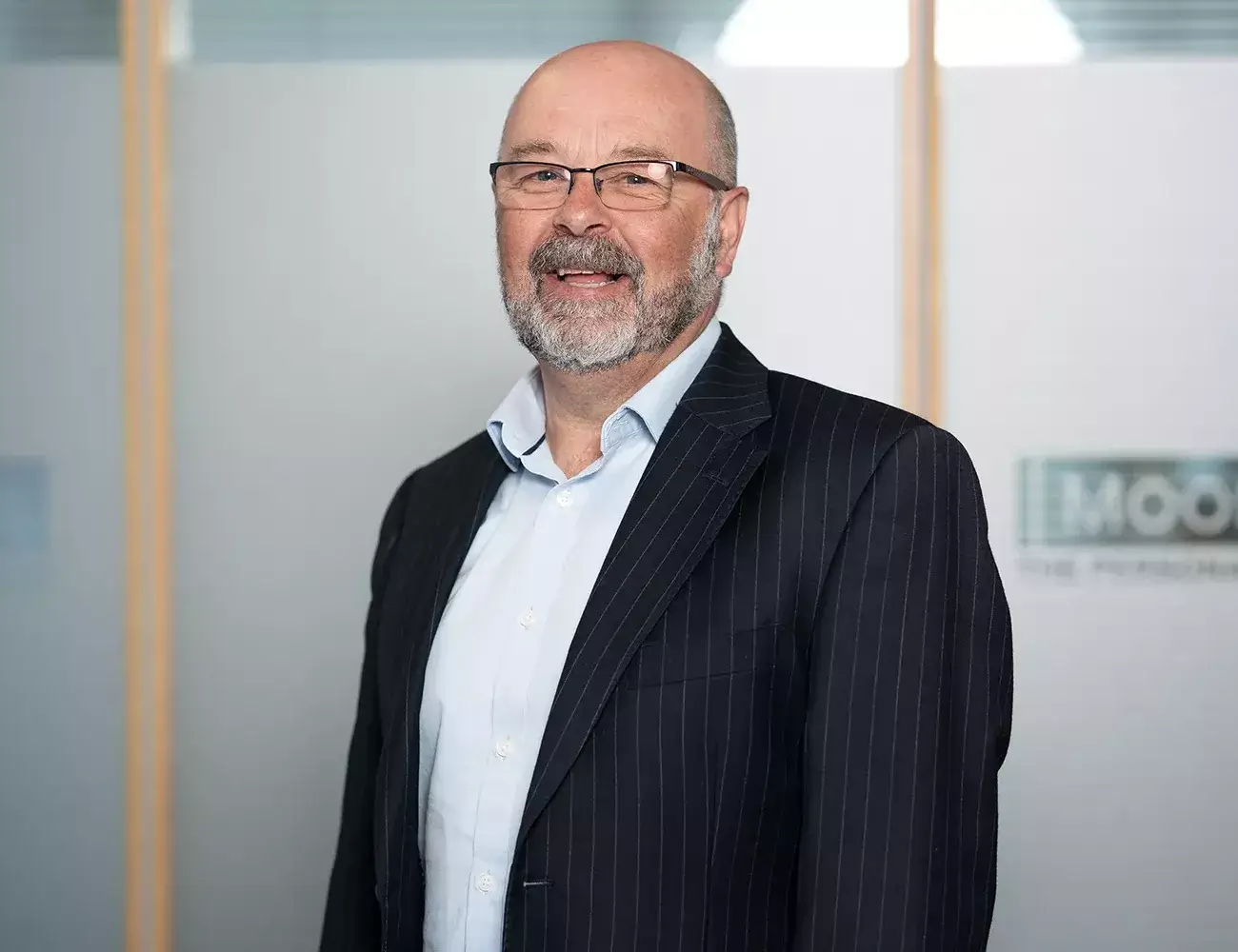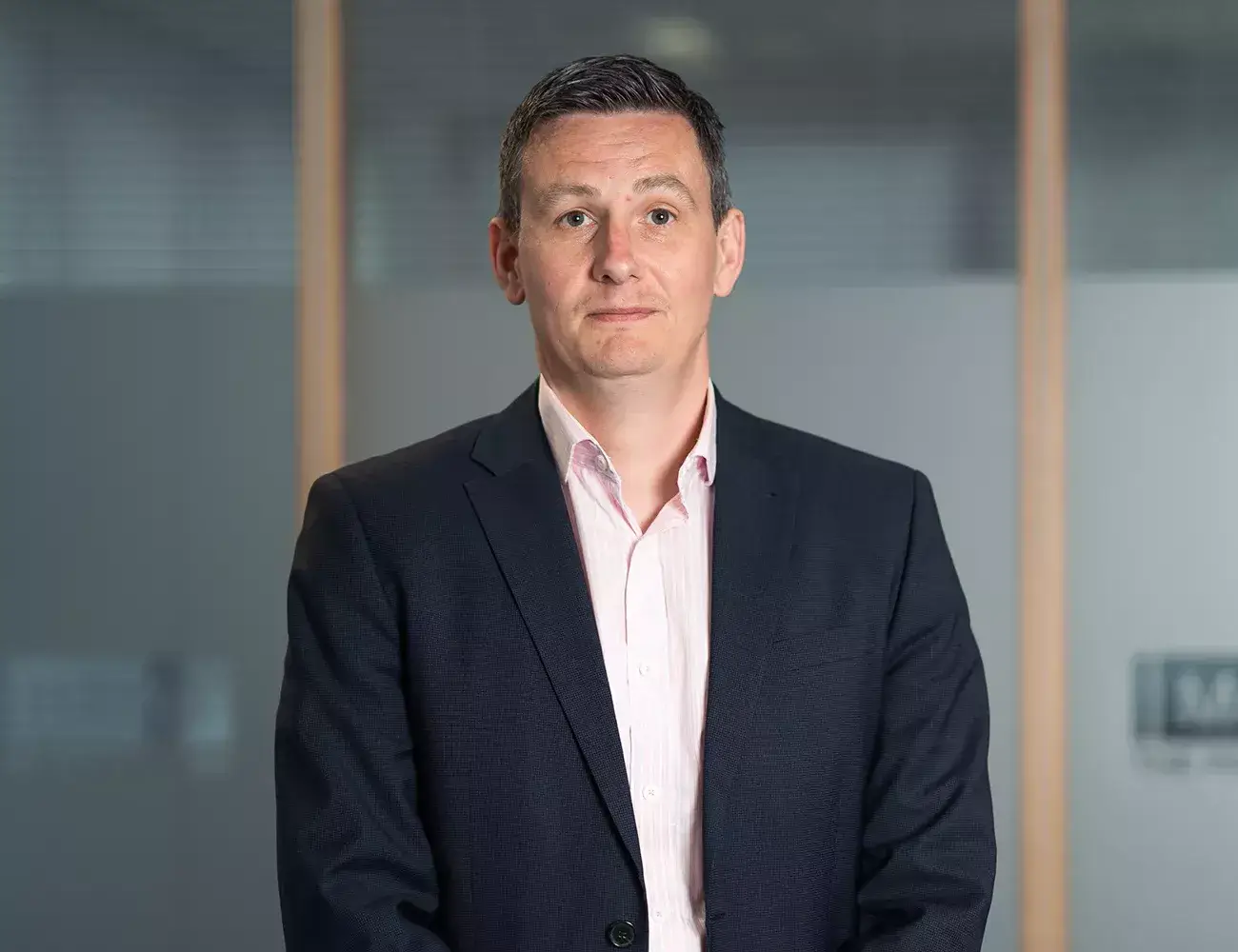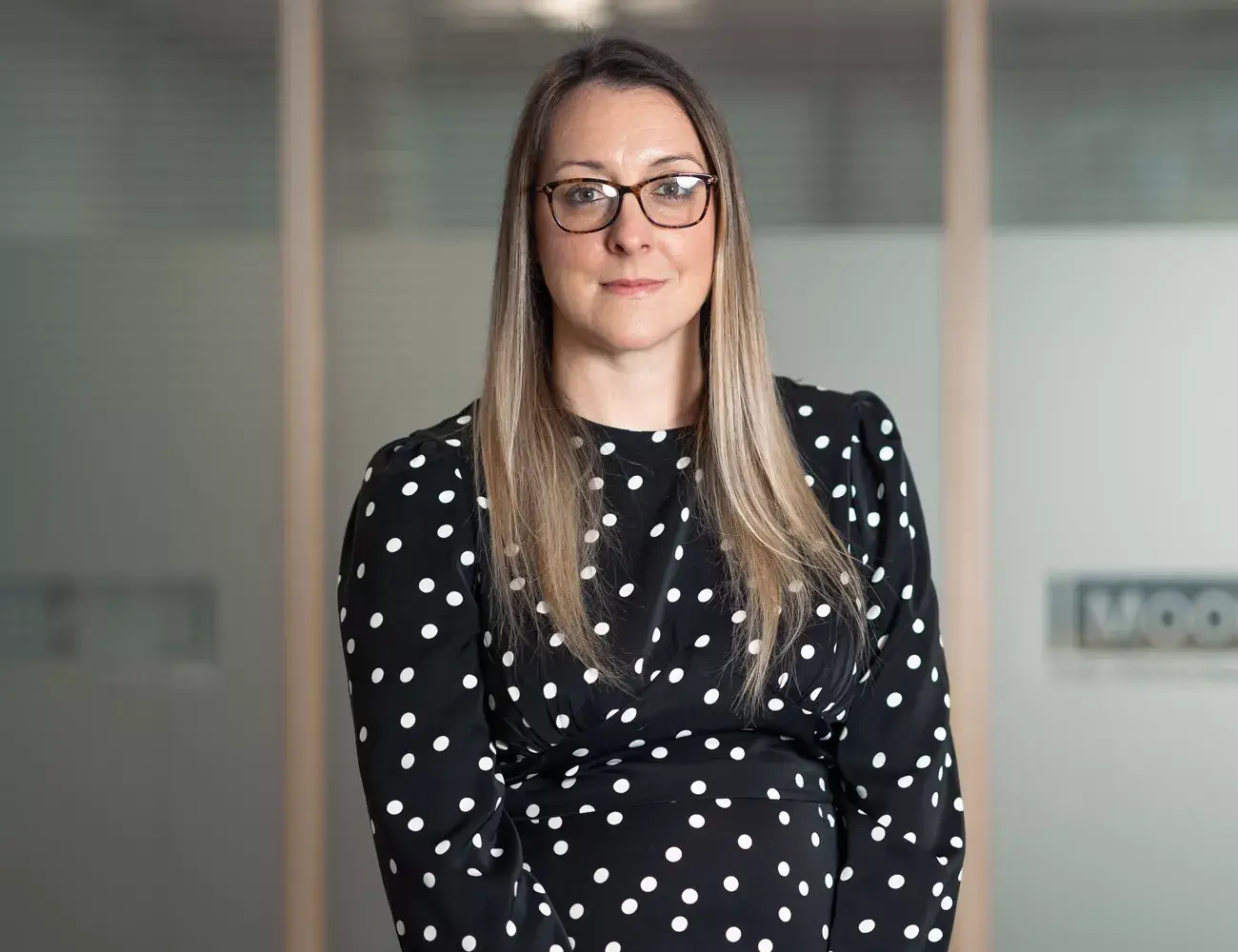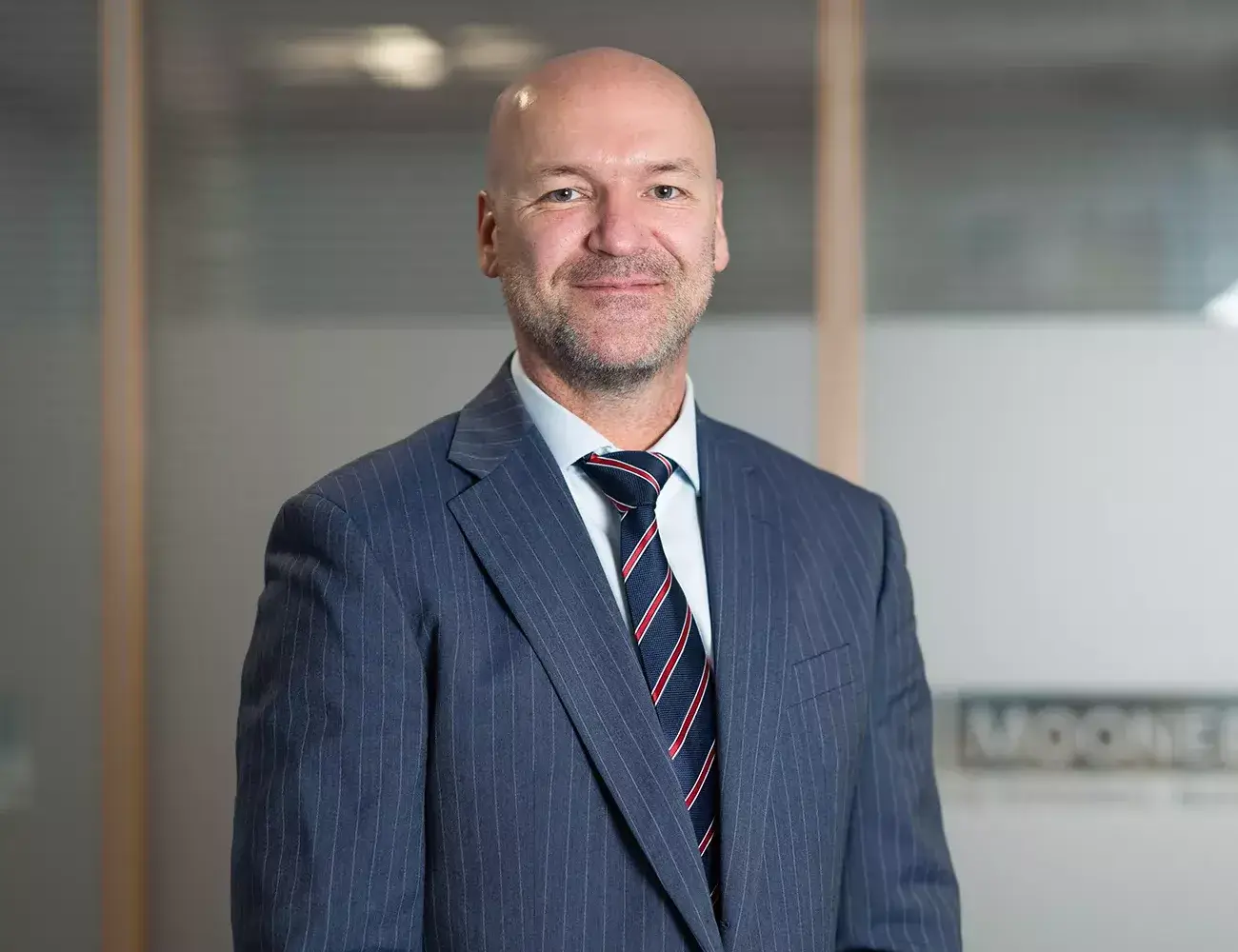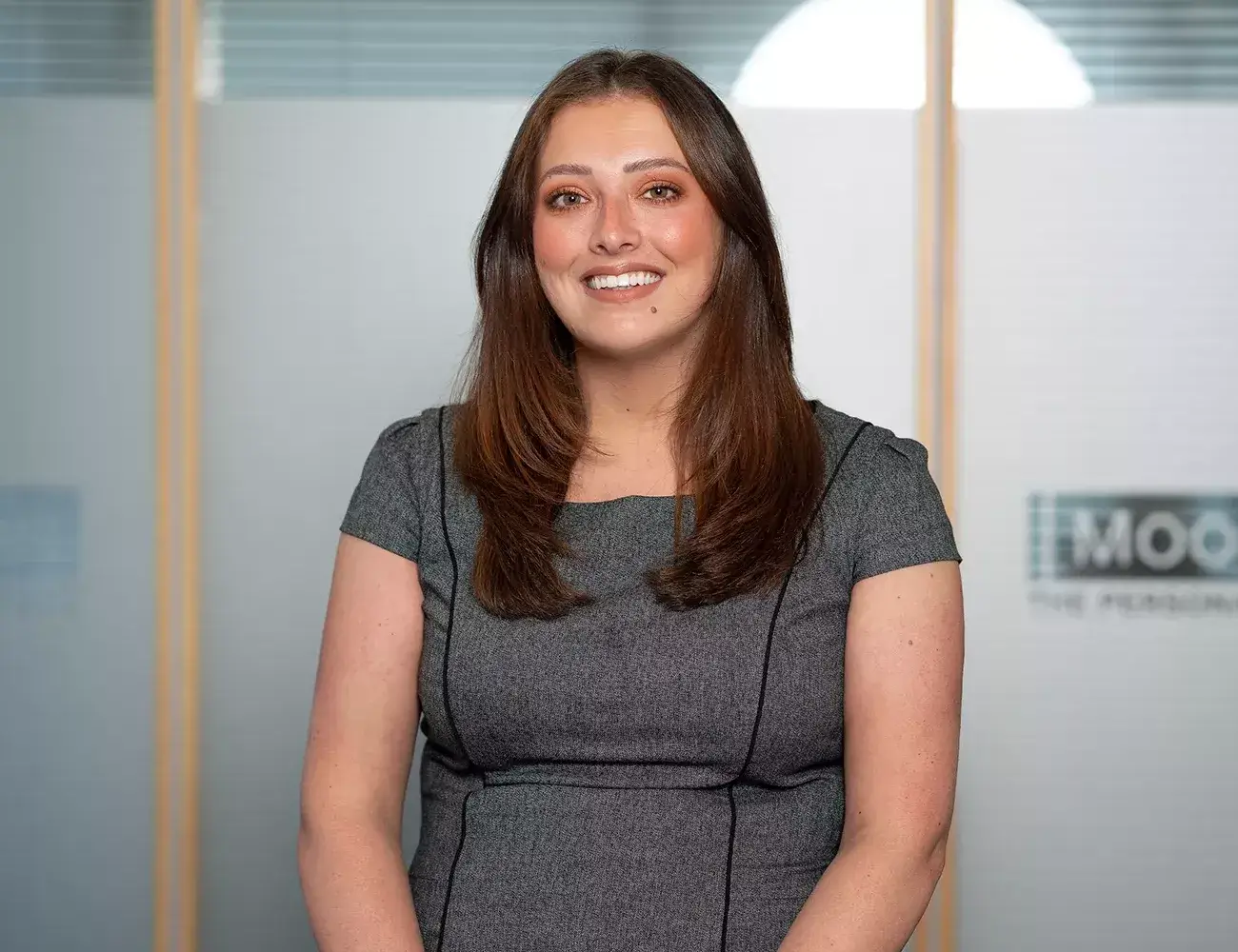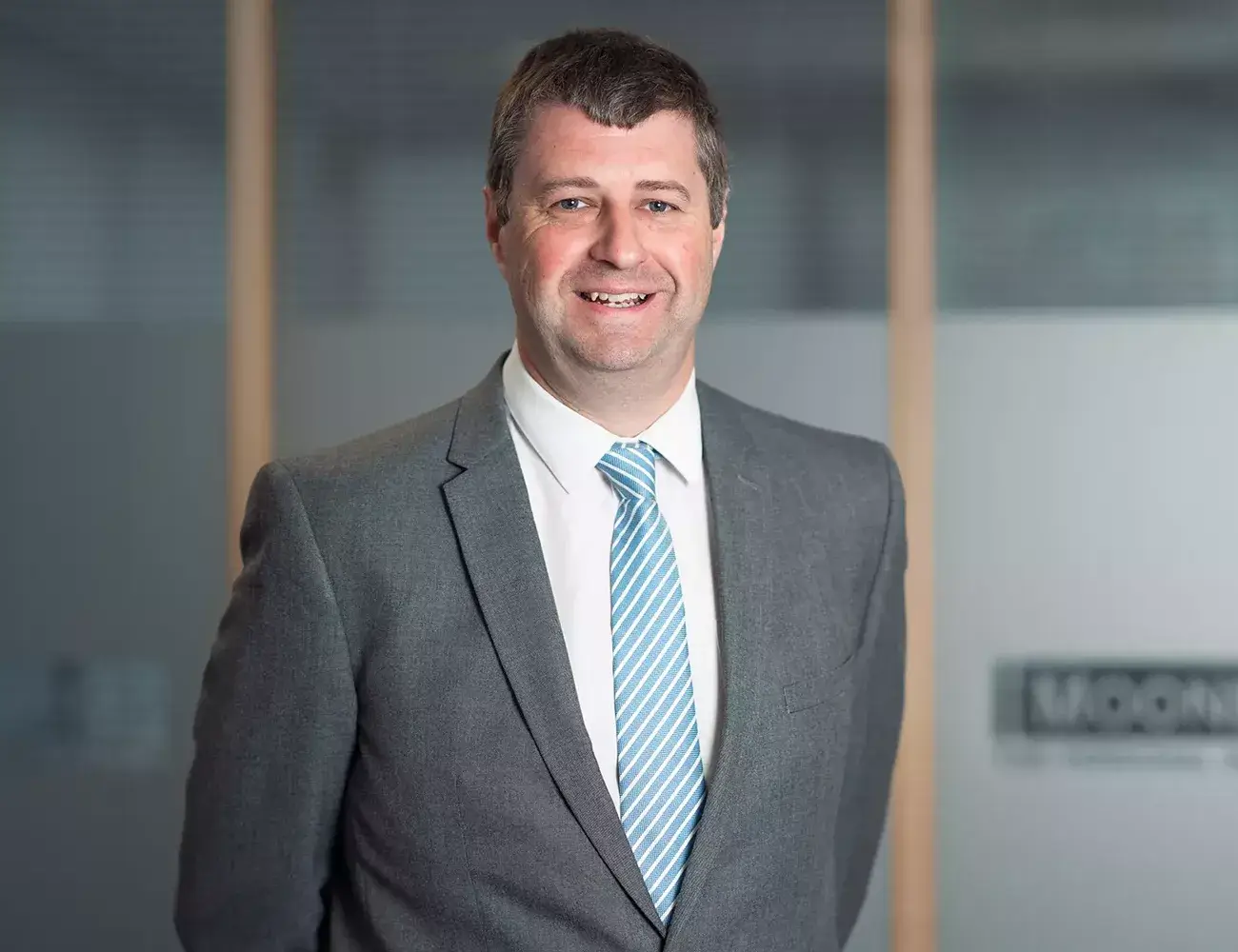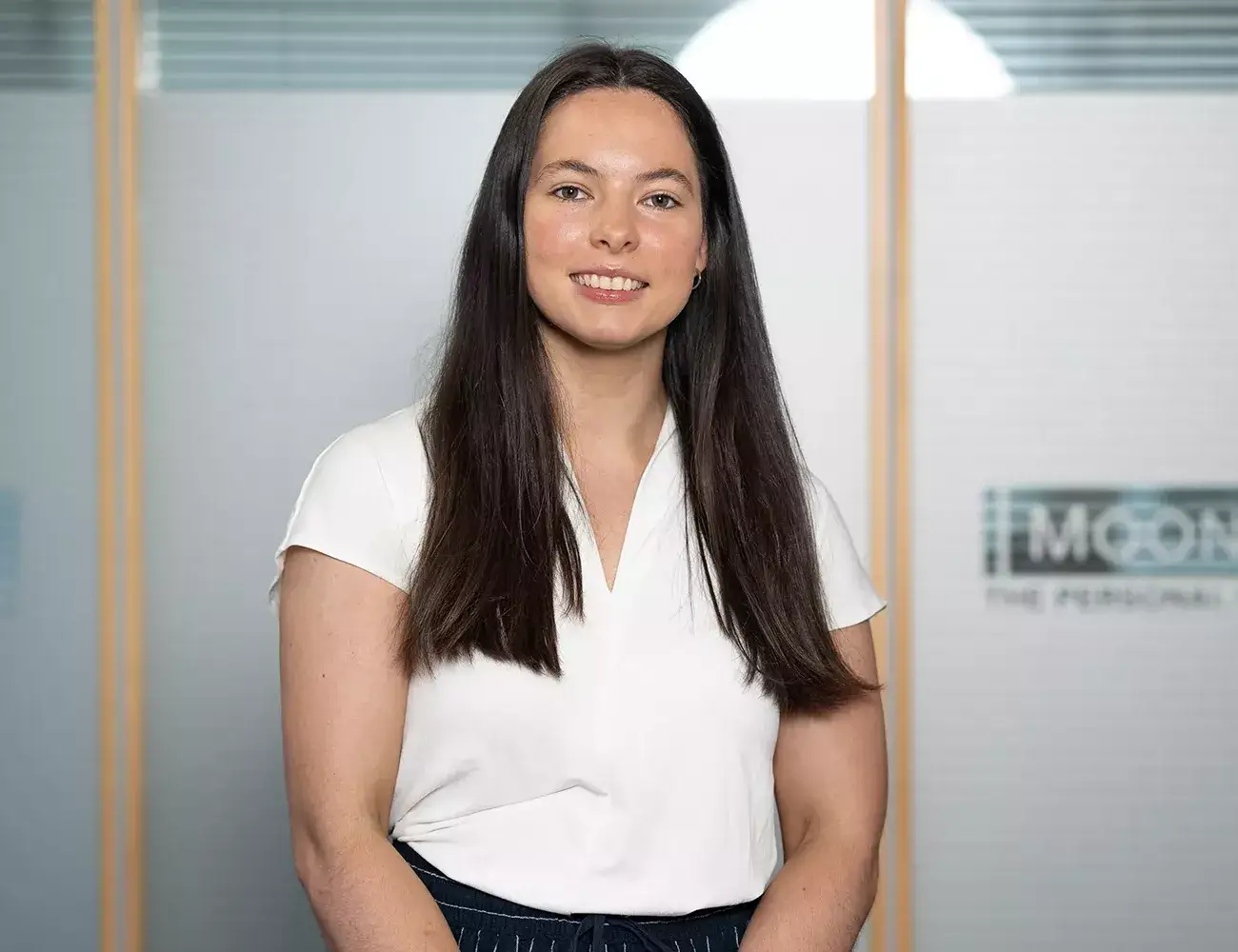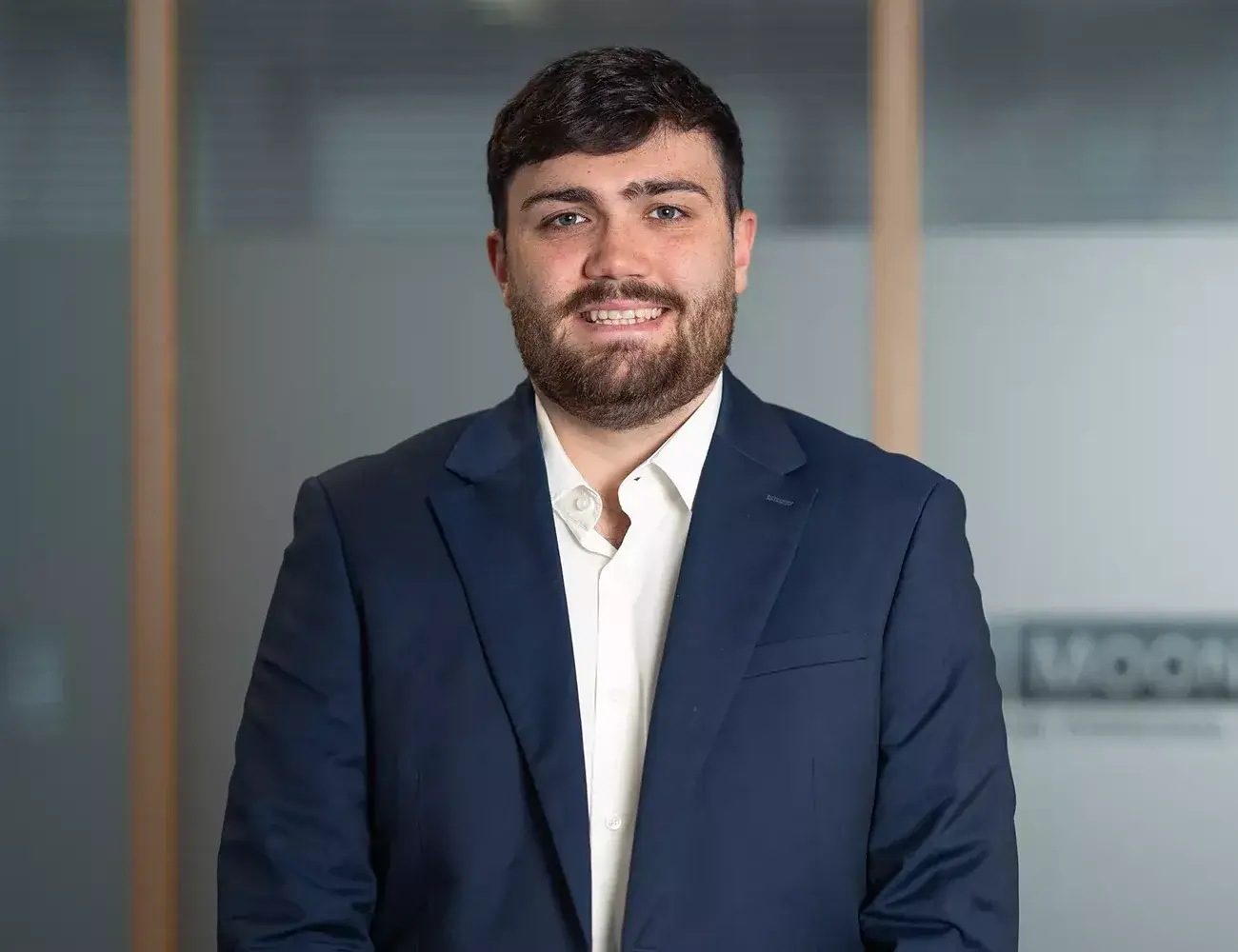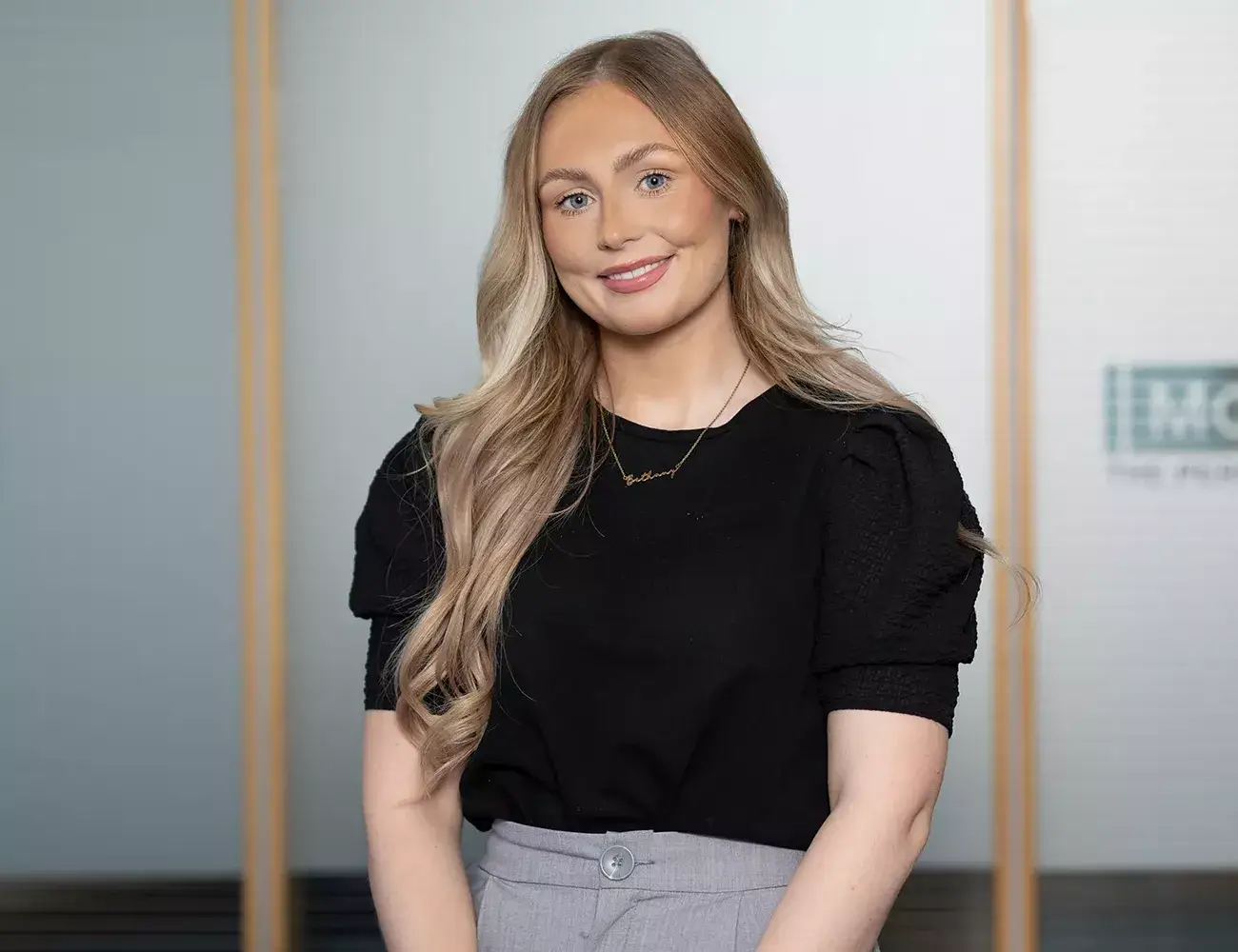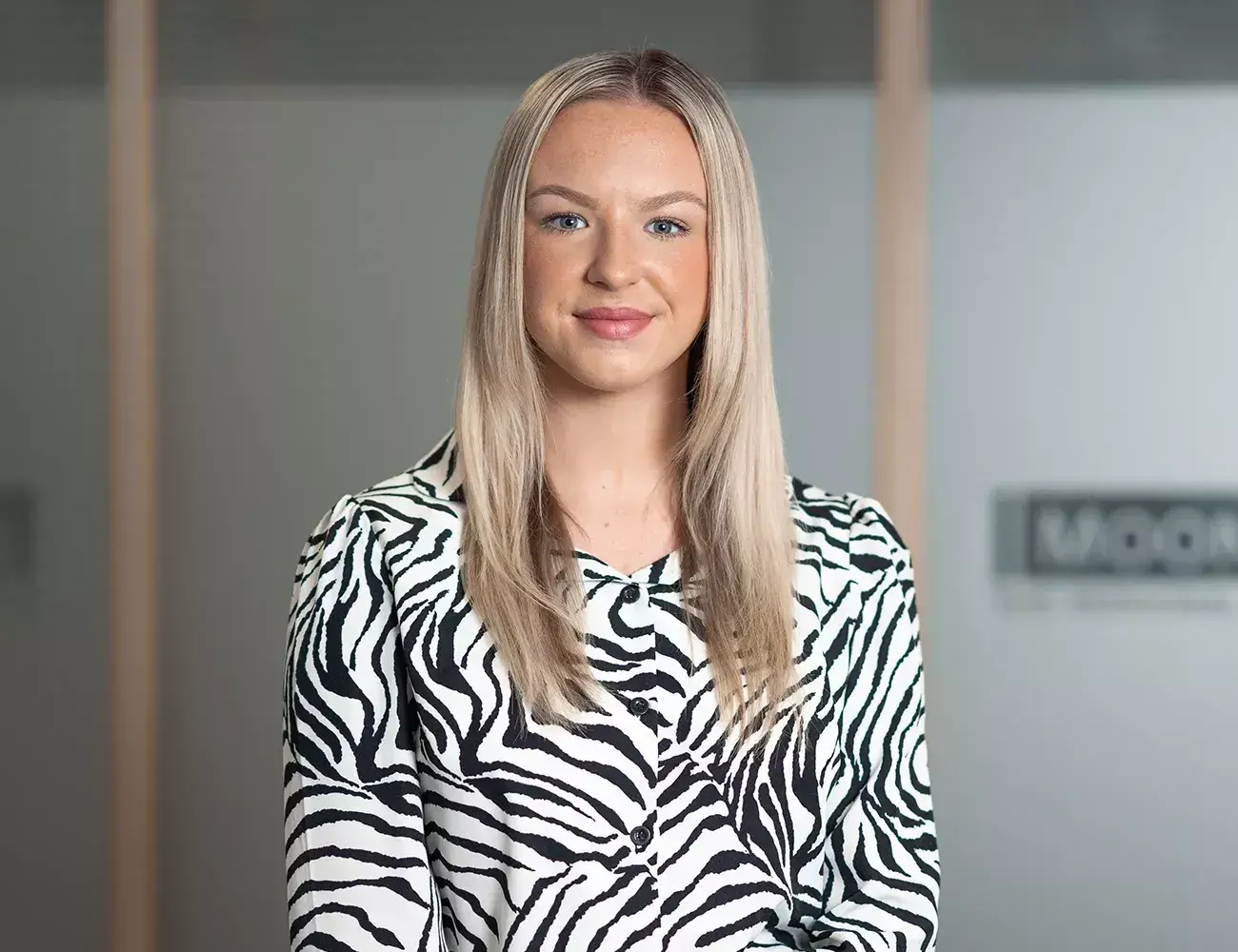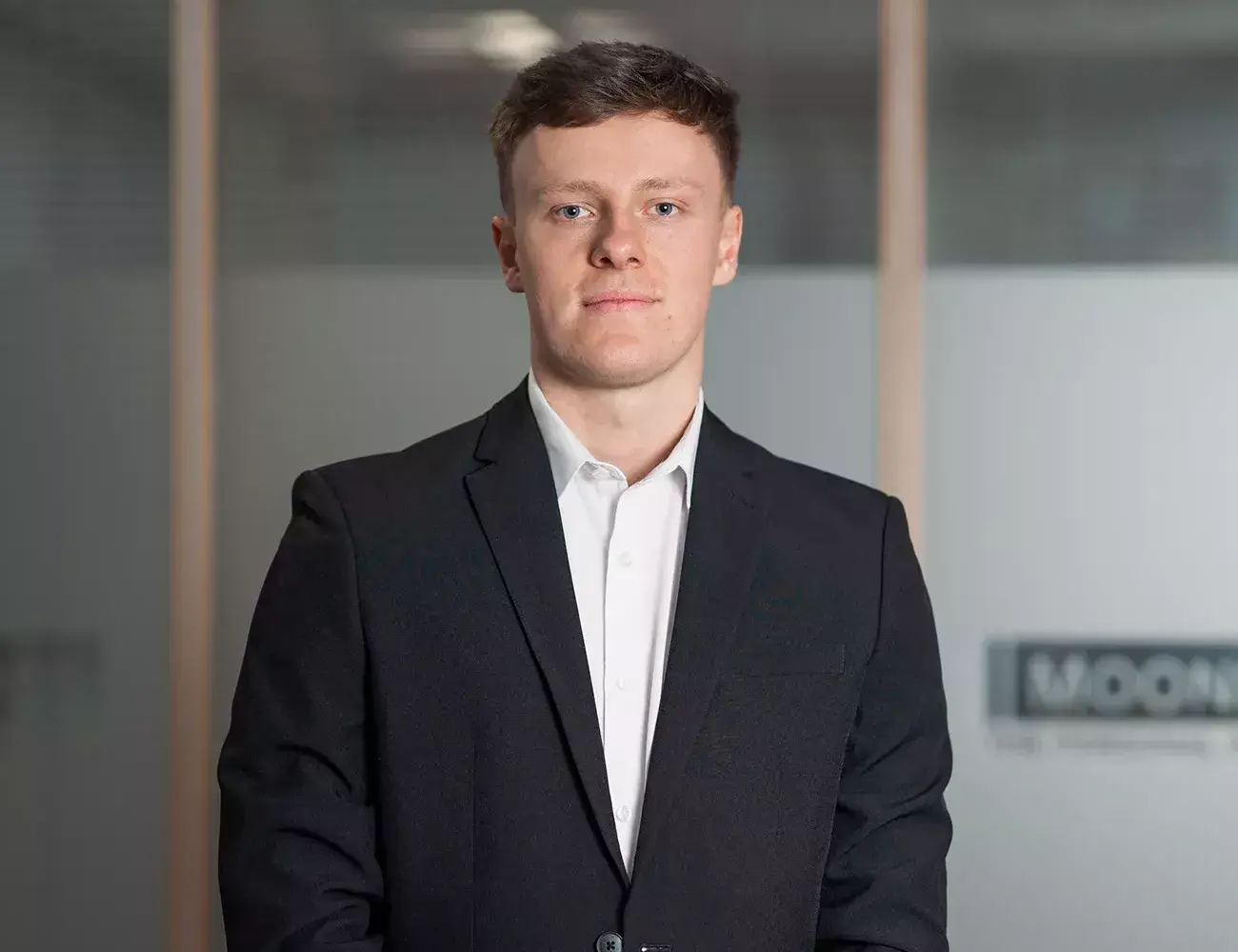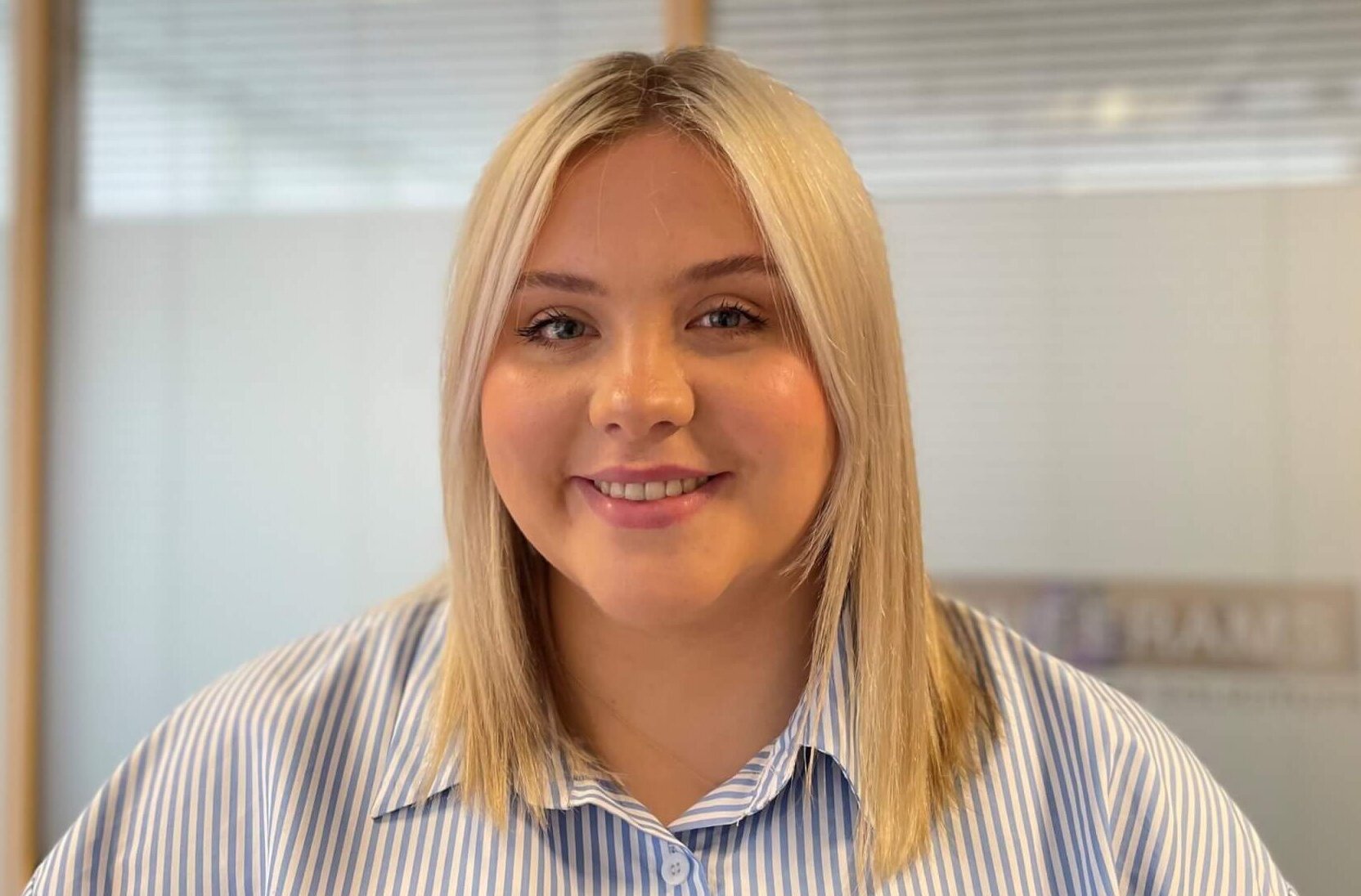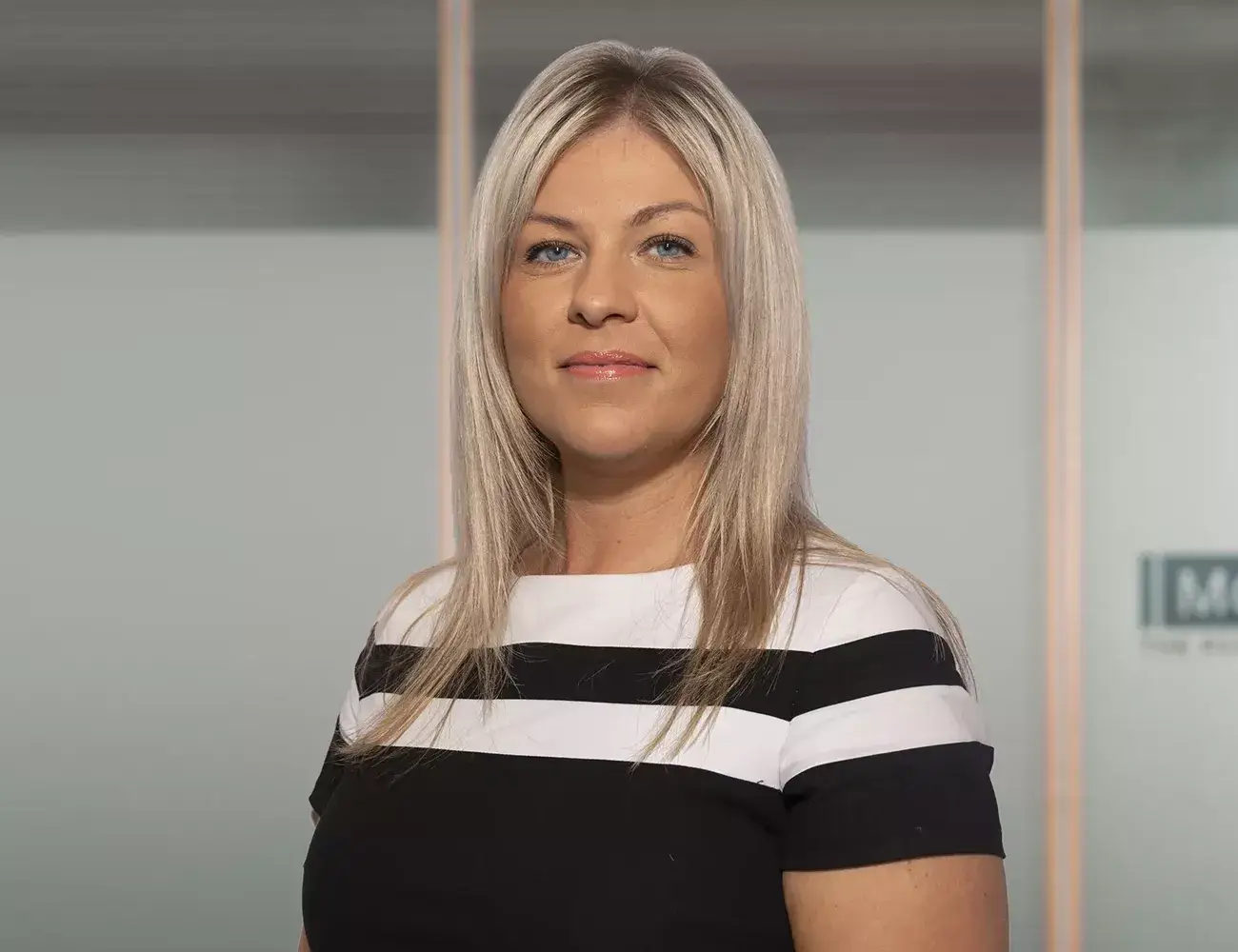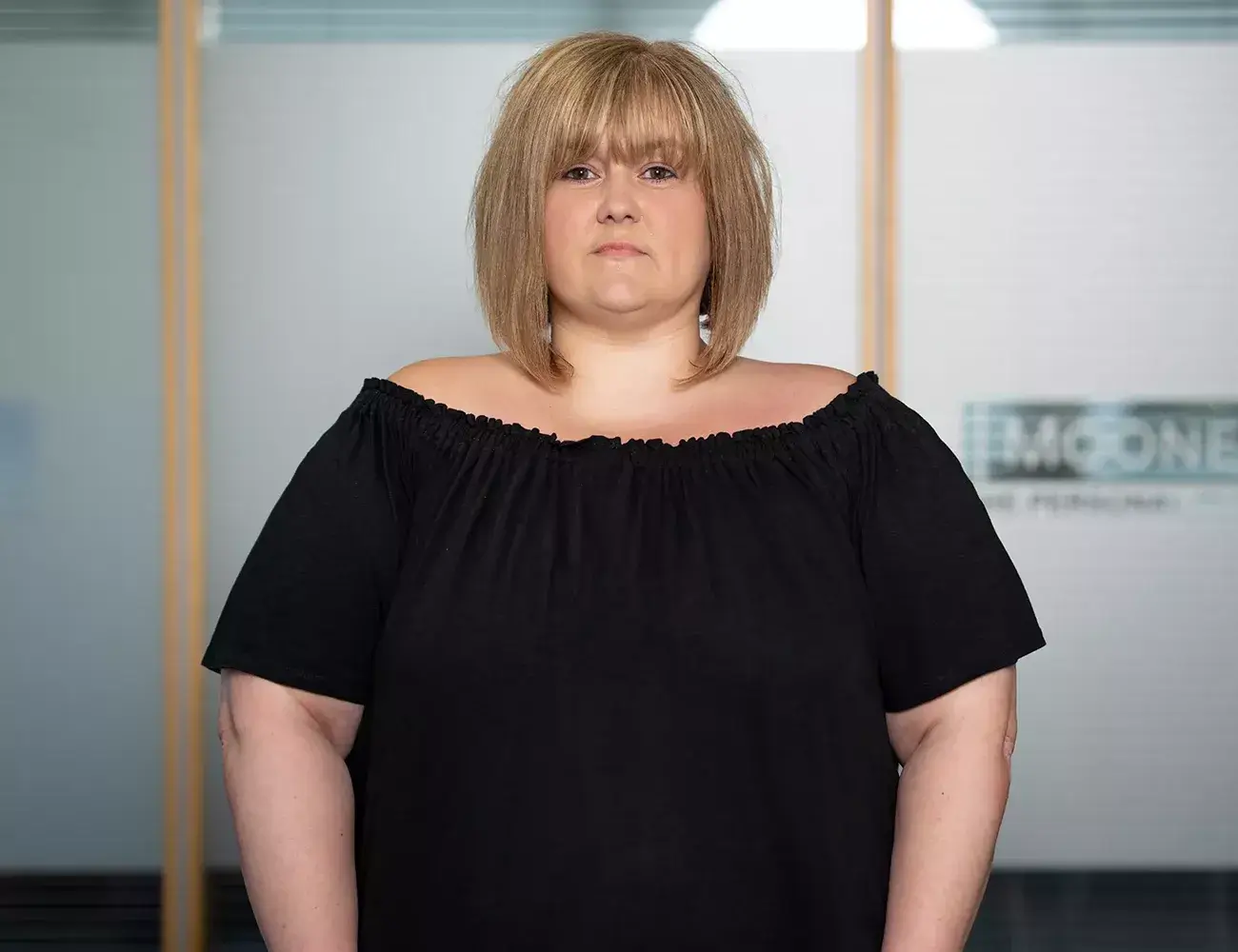Slip, Trip and Fall Accidents in Public Places
‘Slip trip and fall accidents’ is a generic term for the most common type of accidents that happen anywhere, whether that be at home, at work, or when we go out somewhere.
Examples of how slip, trip or fall accidents occur
Slip accidents can occur when you slip on:
- A wet floor, e.g., where water or another liquid has been spilt on the floor.
- A greasy floor, e.g., where a slippery substance such as oil has been spilt and left on a surface, e.g., a road, a workplace floor, or a pavement.·
- A shiny surface, e.g., a supermarket floor that has been over-polished or an icy pavement
Trip accidents occur when you trip:
- Over cables or wires left trailing across the floor of an office or shop
- As a result of a broken or raised flagstone on the pavement
Fall accidents may occur when you fall:
- From a height, e.g., a ladder.
- When walking downstairs, e.g., because poor lighting caused you to miss a step.·
- Due to an uneven floor·
- Down a manhole as you walked along the pavement, because of a faulty or missing cover.
We’ve mentioned just a few examples of how slip, trip and fall accidents are commonly caused. There are many other ways these types of accidents can occur.
As you’ll notice, there is overlap between all three types of mishaps leading to slip, trip and fall accidents; one person’s tripping accident is another’s fall!
Slip, Trip and Fall Accidents at Work give rise to more non-fatal accident at work personal injury claims than any other kind of workplace accident. We have a dedicated web page for people who are considering making a Slip, Trip and Fall Accidents at Work compensation claim.
This page is aimed at anyone looking to find out more about claiming compensation after Slip, Trip or Falls in public places.
What is meant by a Slip, Trip or Fall Accident in a Public Place?
The moment you leave your home, you are in a public place. You might go to work (which isn’t a public place, but if you suffer a slip, trip or fall accident whilst at work, you may be entitled to make an accident at work claim).
Here are some examples of what we generally mean by a public place:
- A public road or highway; including public pavements or footpaths adjacent to the road.
- Other public open spaces such as parks, children’s playgrounds, skate parks, outdoor swimming pools, common grounds, municipal sports grounds, tow paths, public squares.
- Semi-public spaces: these are places open to members of the public as long as they pay or otherwise have a reason for being there such as:
- cafés
- some shopping malls (although some may be entirely local authority owned)
- cinemas
- gyms
- night clubs
- pubs
- restaurants
- railway stations
- sports facilities or venues
Some places, like shops, are considered public spaces even though you don’t have any obligation to buy anything when you go into them or pay an entry fee.
At the moment, don’t dwell too much on what constitutes a public space or not. If you are unfortunate enough to suffer slip, trip or fall injuries due to an accident that you don’t think was your fault, wherever it occurs, get in touch with us at Mooneerams on 029 2199 1927.
How would I know if I have a valid slip trip and fall claim?
Many people do not make a personal injury claim after suffering a slip trip and fall accident because they don’t realise they can. So, they may injure themselves from a trip and fall accident as a result of a raised paving stone on the street or fall down stairs because of poor lighting, or the steps were wet or worn in a shop or restaurant. They may decide not to claim because:
- They believe the accident was their fault for not taking more care, despite the fact that the paving stone was raised and constituted a tripping hazard, or the stairway was very poorly lit, meaning it was difficult to see the steps properly.
- Alternatively, they have read bad things in the press about slip, trip and fall claims not being ‘genuine claims’ and believe they may be frowned on by others if they make a trip or fall compensation claim.
- Some people think if they claim against a small independent business, where they suffered a slip, trip or fall, the business will have to pay compensation to you from their own ‘pocket’. Most businesses carry third-party liability insurance. It is those insurers who will pay out any compensation awarded.
If you suffer injury in a public place, caused by the failure of a person, business, or authority whose duty it was to take reasonable steps to make and keep the area safe, then you have every right to make a claim. In other words, they owe you a duty of care and if that duty is breached they become liable for any damages that follow as a result of the accident.
An experienced personal injury solicitor, like the ones at Mooneerams Solicitors, will be quickly able to tell you whether they think you have reasonable prospects of success if you decide to make a personal injury claim. It’s worth making a free and without obligation call to our team on 029 2199 1927, even if you only think you might have a reasonable claim.
What should I do immediately after a trip slip or fall accident?
Immediately after an accident in which you suffer injury, your first priority is to ensure you get the medical treatment you need. Depending on whether you suffer serious injury or one less severe, this will involve:
- Getting taken to hospital by ambulance as an emergency
- Someone who saw the accident taking you to hospital or arranging for someone else to take you
- Receiving treatment from a designated first aider (depending on where the accident happened)
- Visiting your nearest hospital, or seeing your GP as soon as possible, preferably the same day, but if not as soon as possible after the accident.
How can prove the slip trip or fall accident was not my fault?
Not every accident in a public place claim will be disputed by the insurers of the local authority or company you believe to be responsible for the accident. Sometimes liability will quickly be accepted if the circumstances of how it happened are clear cut.
However personal injury claims are sometimes disputed and in the case of public liability claims, there is a tendency for liability to be denied by the other party’s insurers first, even if it changes its stance further down the line and admits liability.
Other cases will be disputed for longer and others will go as far as court, although it’s still the case that many more personal injury claims settle without going to go to a court hearing.
Therefore, it’s never wrong to start getting evidence to support your claim for a slip trip or fall injury as soon after the accident as possible. Here are the ways between us, we can gather evidence in support of your claim:
- Get the names and contact details of anyone who witnessed the accident or was around at the time of it.
- Take photos of the scene of the accident – if you can do this straight after the accident so the cause of the accident can be verified.
- CCTV cameras seem be everywhere these days, so there’s a good chance your accident was picked up by one. Camera footage is often deleted after a while, so it’s important to obtain any footage before it’s wiped clean. If you aren’t able to do this, your solicitor may be able to, so get in touch with your lawyer promptly. This is another good reason for asking a solicitor to handle your claim as soon as possible.
- Report your accident to a member of staff if the accident occurred in a shop, shopping mall, café, restaurant, gym or other type of establishment or venue.
If your accident occurred in the open; on a highway, pavement footpath or in a park or other open-air setting, contact the local authority responsible for the upkeep and maintenance of the area in question ideally, you will do this after you’ve secured photos of the scene. It’s ironic how quickly the scene of an accident is quickly repaired or cleaned up once an accident has been reported to those responsible for its upkeep!
How long do I have to start a slip, trip, or fall claim?
The general rule is that you have three years from the accident date to start a claim. By ‘start your claim,’ we mean sending papers to court to start proceedings. It does not refer to the date when you first asked a solicitor to bring a claim on your behalf.
There’s quite a bit of work to do before court proceedings are commenced. This includes:
- contacting witnesses and getting statements from them,
- obtaining CCTV footage, if any exists,
- initiating the claim in writing to whichever body – authority, company, or organisation we allege to have caused the accident and your injury, and
- obtaining medical evidence from a specialist doctor who regularly prepares medical reports for use in personal injury claims.
The work we’ve outlined can take months to complete. It’s only then we will be able to start court proceedings.
So, given that we will also try and negotiate your claim with the insurers of the ‘body’ responsible for the accident, all of this could be quite a few months (or in serious injury cases, longer) further on from the date of your accident – all this time the three-year window for starting a court claim will have been running.
If we can’t settle your claim by negotiation only then will send the papers to court to be issued – at which point the three-year period, no longer matters and your claim will be underway. It’s at that point the three-year period – known as the limitation period – no longer becomes important as your claim has started.
There are exceptions to the three-year rule in the case of accidents involving;
- Children under eighteen
- Injured persons with a disability, i.e., those who lack the mental capacity to bring a claim themselves and who require someone to do so on their behalf.
You can find out more about how the limitation period is extended for people who fall into either of the cases just mentioned by visiting our Accident Advice Centre.
How much compensation could I get for a slip trip or fall claim?
It’s impossible to give even a general idea of the amount of compensation you could expect to receive from making a successful a slip, trip or fall accident claim. for a start, compensation is split into:
- General damages: compensation to compensate you for pain, suffering and loss of amenity (the personal injury part of your claim)
- Special damages: loss of earnings and other financial losses you have suffered directly as a result of the accident.
For a very serious injury claim your other damages may exceed by some considerable amount the sum of compensation you will receive for a personal injury claim. This is relevant when you need care or rehabilitation for a considerable time period, or in catastrophic injury cases, for the rest of your life.
We often think of slip, trip, and fall claims causing whiplash injuries, a minor head injury, or broken bones – each of themselves injury claims that you are entitled to and should be made when they are caused as a result of the negligence of someone else.
However, spinal injuries or serious head injuries are caused by slip, trip and fall claims. For example, fall claims include falls from a height which can cause serious spinal injuries, traumatic brain injuries and multiple broken bone injuries.
When you appoint personal injury lawyers, like Mooneerams, and the claim process progresses, they will be able to advise you at the appropriate time what your claim might be worth in terms of compensation after all the medical evidence has been obtained and an assessment of the other items of claim you may need to make, to try and put you back into the position you were in just before the accident.
To get a broad idea as to what you might receive for some of the kinds of injury people suffer, due to being involved in slip, trip or fall accidents, visit our interactive compensation calculator (damages quoted are taken from the Judicial College Guidelines on Personal Injury Damages).
How do I start my slip, trip or fall claim?
Call us at Mooneerams on 029 2199 1927 to get advice from expert personal injury solicitors on whether your claim has reasonable prospects of a claim.
If, after a brief, no-obligation conversation we think you have a good chance of winning a slip, trip or fall claim, we’ll tell you.
You are then free to decide to either go to another firm of solicitors, to do nothing at this stage or ask us to start your claim. We will not put any pressure on you to come to us, although we’d be delighted to take on your claim, if you want us to.
We are specialist, award-winning, personal injury solicitors and we have recovered thousands of pounds worth of injury compensation for clients who asked us to handle slip trip or fall compensation claims for them.
It’s most likely we will be able to handle your personal injury claim on a No Win No Fee basis using a conditional fee agreement.
If your claim is not successful, you will have nothing to pay. Our No Win No Fee Compensation Claims page carries more detail on this topic.
Should you prefer, you can fill in a few quick details on the form on our Contact Us and request a call page, at a time to suit you.

